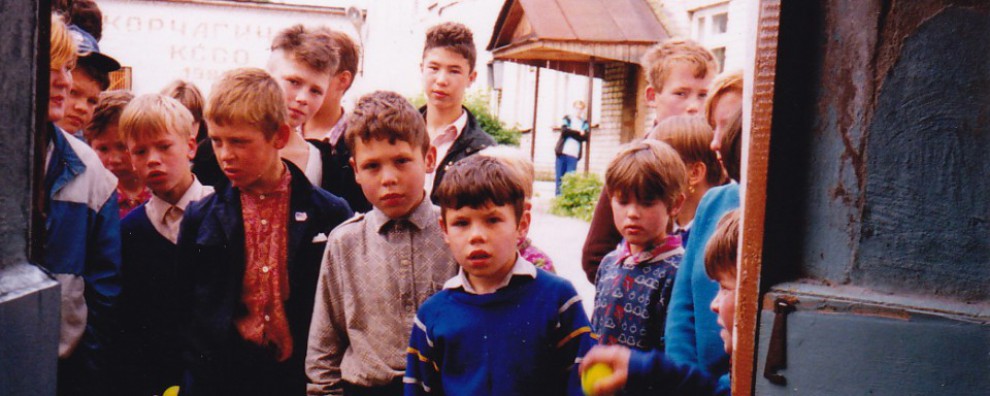“Gradually, I realized that I had been looking in the wrong place. As a journalist and critic, a premature post-modernist, I was often criticized in my turn for talking about the construction of a poem and of a Grand Prix racing car in the same breath, or of treating gymnasts and high divers (in my dreams, I astonish the Olympic medalist Greg Louganis) as if they were practicing the art of sculpture. It was a sore point, and often the sore point reveals where the real point is. Humanism wasn’t in the separate activities: humanism was the connection between them. Humanism was a particularized but unconfined concern with all the high-quality products of the creative impulse, which could be distinguished from the destructive one by its propensity to increase the variety of the created world rather than reduce it. Builders of concentration camps might be creators of a kind—it is possible to imagine an architect happily working to perfect the design of the concrete stanchions supporting an electrified barbed-wire fence—but they were in business to subtract variety from the created world, not to add to it. In the connection between all the outlets of the creative impulse in mankind, humanism made itself manifest, and to be concerned with understanding and maintaining that intricate linkage necessarily entailed an opposition to any political order that worked to weaken it.”
Excerpted from: Cultural Amnesia (New York: Norton, 2008), “Introduction,” p. xix.
